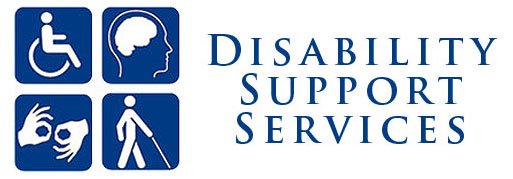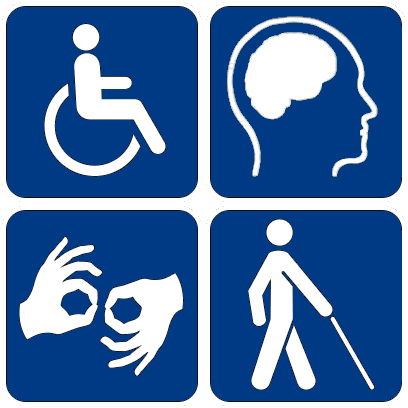With the decrease in mortality due to cardiovascular disease, a corresponding increase in disability has occurred. Dentists are as prone to adverse cardiac events as the general public. Cardiovascular disease is a leading cause of mortality and morbidity. With the advance of numerous new lifesaving procedures and quick response times now available to treat cardiac events, the survival rate has rapidly increased. Just because a dentist survives a heart attack doesn’t mean their problems are over. Disability awaits an ever-increasing number of dentists.
Many dentists are able to resume practice after bypass surgery or pacemaker placement, but not all. One of the biggest reasons for disability after cardiac events is lack of stamina and strength. Dentistry is very demanding and the fatigue that accompanies a cardiac event often leads to the inability to function at an acceptable level. The constant exhaustion that occurs will frequently interfere with practicing dentistry. This fatigue may be something that is permanent and irreversible.
Along with extreme fatigue, the lingering physical effects of having cardiac surgery is often a significant problem. Treatment may involve harvesting grafts from your legs, placement of pacemakers/AICD’s in your chest, and large thoracic incisions in your sternum. Muscle weakness and stiffness that follows, can easily prevent routine dental procedures from being completed successfully. Rehabilitation and recovery treatments can help, but they are not always fully effective. The stress alone that accompanies a heart attack is enough to cause disability on a short or long-term basis.
If you are one of the lucky ones who survives a heart attack and is able to promptly able to resume dental practice, we congratulate you on your survival and perseverance. Remember that you are at risk for future cardiac events, so take good care of yourself and live a healthy lifestyle. Try and help other dentists in the same situation if possible.
Take a few minutes and review the attached video on the challenges of cardiac disease and disability claims. Remember that the attorneys involved have their own agenda, but they do have some very valid points to make. Use the information they provide to expand your knowledge base on cardiovascular disease and the disability status that may be associated with it.
If you are at risk for having a cardiac event or are recovering from a recent heart attack, be sure to protect yourself and family by making good decisions regarding your dental practice. Consider the tens steps to take following disability on our posting.STEPS TO TAKE ONCE DISABILITY STRIKES
Cardiovascular disease is going to be with us for a long time. Live a healthy lifestyle and decrease your risk. We encourage you to have a detailed practice continuity plan in the event you are disabled. Mutual aid agreements are also very important and you can refer to the ADA website or this website for ideas. Involvement of legal assistance is advisable and don’t hesitate to ask questions. Remember that any problem related to your heart is very serious, so treat it as such. Avoid the temptation to return to work too soon. Follow your recovery plan and return to work if you can in stages. Consider reducing your work load and modifying the range of procedures you complete. By being flexible, you may extend your career’s life significantly . Where you go from there is entirely up to you, and remember to thank your cardiac care team at the hospital for helping you survive.
Share your survival story with other dentists. Your perseverance and success may be the inspiration that another dentists really needs. We look forward to hearing from you and wish you a speedy recovery and success in your transition.

